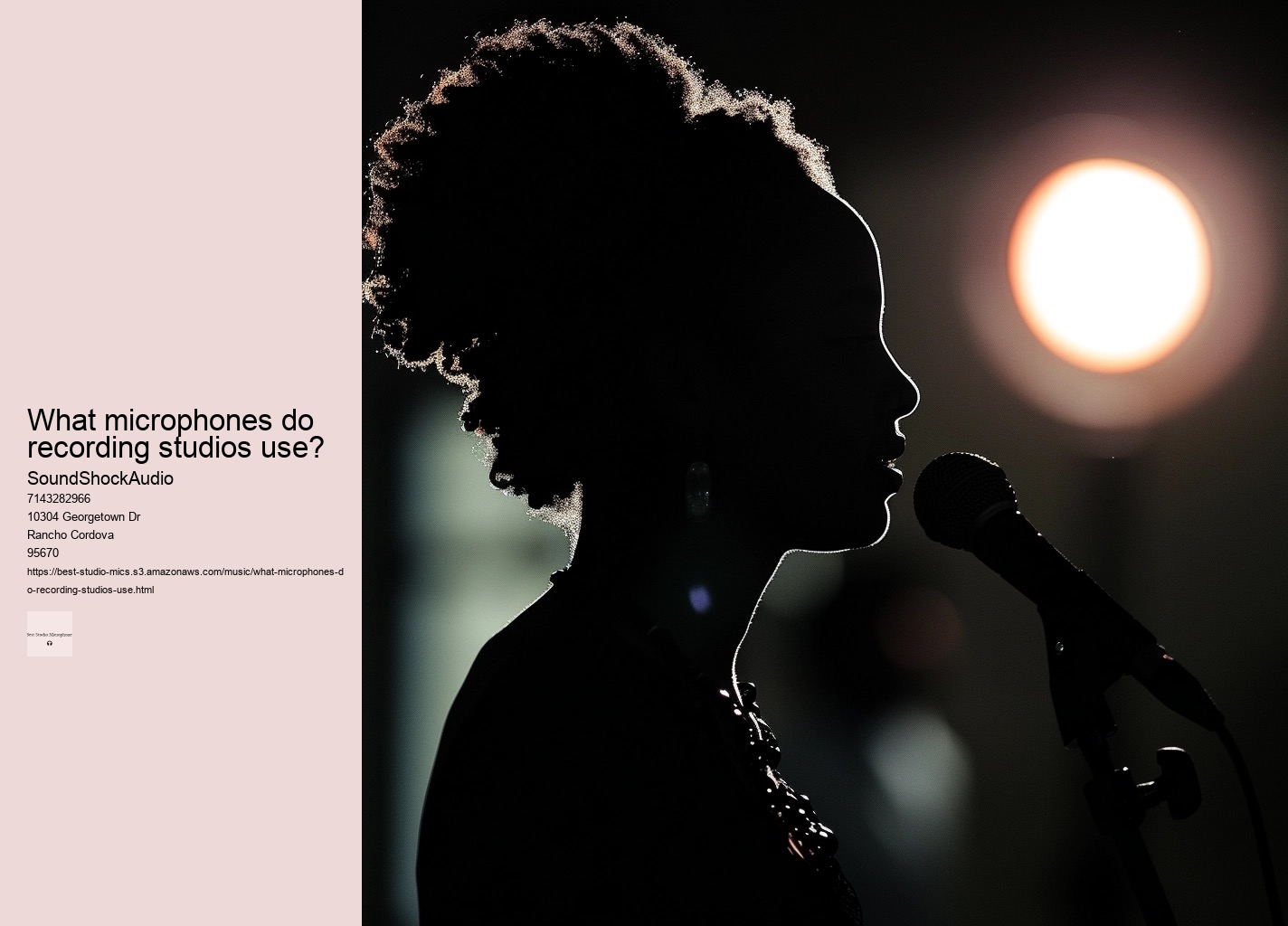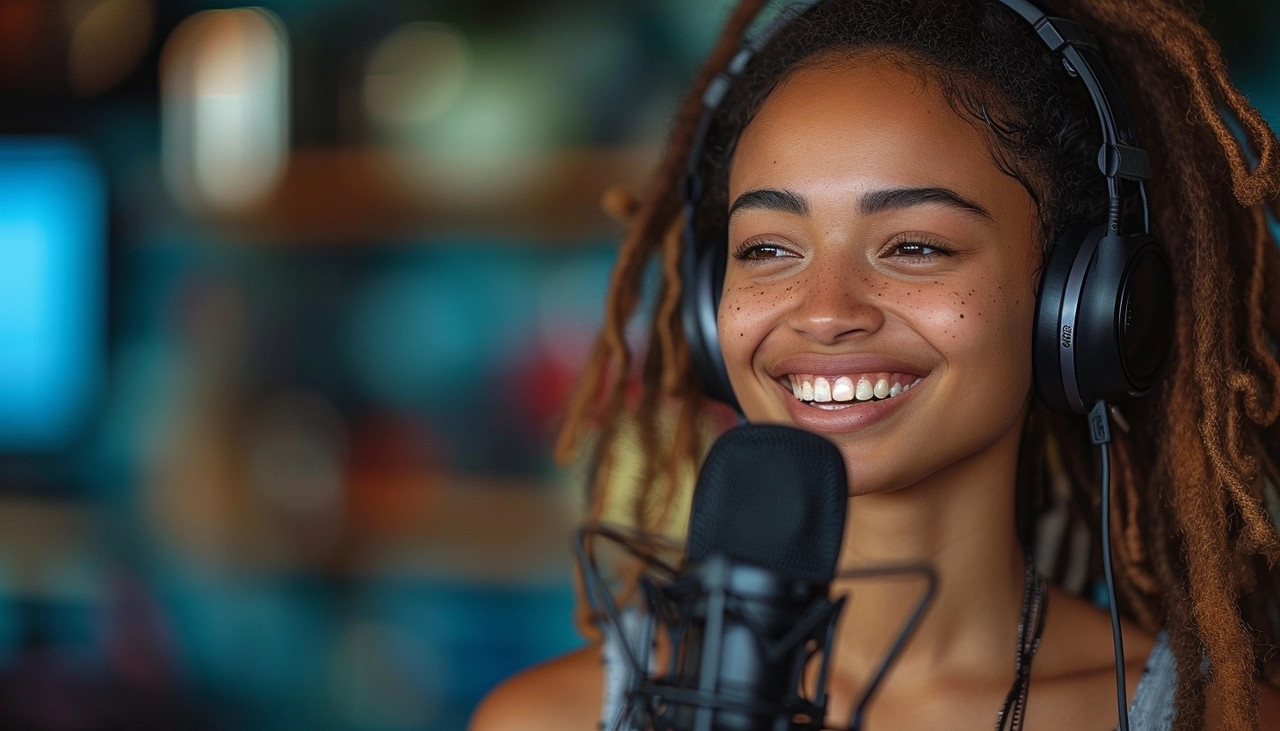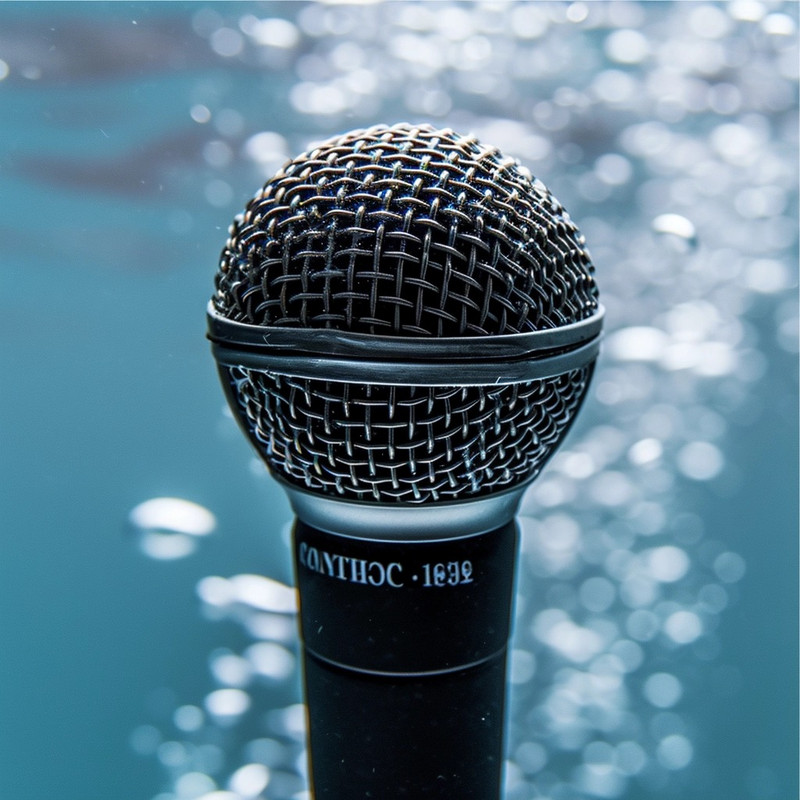

However, avoid over-treating with panels; an excessively dead space can render recordings lifeless. Shure has produced a guide on the best microphones to use for home recordings. Seriously, anything. To find out which microphone to buy, check out the best studio microphones on SoundShockAudio..
This conversion process must be high-fidelity; otherwise, the quality of sound may degrade before it even reaches your recording software. Meanwhile, A/B spacing involves two omnidirectional mics placed apart to simulate human ear spacing for immersive ambient recordings.
This microphone plugs directly into your smartphone or laptop, so that you don't have to compromise on sound quality when recording at home. They shine particularly well with certain instruments like brass or guitar amplifiers but are more fragile by design and historically costlier.
This transducer is adept at picking up the subtle nuances of voice and instrument alike, making it an unrivaled ally in any recording scenario. As technology advances, USB microphones also present themselves as viable contenders for those valuing convenience alongside quality. circuit
Thanks to the latest technology, you can get a sound that is just as good as a studio costing $1,000 per day. Shure Historian MICHAEL PETTERSEN has just published his latest article from the company archives. In live settings where ambiance and audience reactions are part of the desired capture, omnidirectional or bidirectional microphones might be summoned for their panoramic audio embrace.
Condenser microphones, however, are more sensitive and provide a higher level of detail and nuance, which is perfect for vocals and acoustic instruments. Conversely, condenser microphones are celebrated for their sensitivity and wide frequency response, which renders them perfect for vocal recordings and subtle acoustic instruments.
It can feel more natural to use it with your hand. anniversary edition This is crucial because it determines whether you require a USB microphone or an XLR microphone.
Strategic thinking is also important. In conclusion, capturing flawless studio-quality sound begins with selecting a microphone tailored to your needs and budget from this curated list of noteworthy contenders.
Condenser microphones are better for recording vocals than dynamic mics. Loopback can be your best friend. Play around with the placement of the condenser microphone and you'll find a solution that is tried and true.
The microphone that began as a wager The MD 441 is the first of Sennheiser's dynamic classics. Lastly, Sennheiser's MKH 416 shotgun mic is revered particularly in film and television production for its directionality and resistance to adverse conditions.
These mics work. It sculpts the sonic environment using absorbers to dampen reflections and diffusers to scatter sound waves evenly.
It delivers a very faithful sound. The multi-pattern option has increased the price, but if you're on a tight budget, there is always the fixed cardioid model.


The Audio-Technica AT2020 is one such example; it provides a solid performance at a fraction of the cost of high-end microphones—a boon for emerging artists who do not wish to compromise on sound fidelity. Whether you opt for foam covers or furry "dead cats," windshields are crucial for reducing unwanted whooshing noises that could otherwise ruin a great outdoor recording session. This decision is pivotal, balancing the scales of quality against convenience.
Modern advancements have fortified these once-delicate devices against higher sound pressure levels and transient spikes, broadening their versatility in various recording scenarios. A living legend.
RSPE Audio offers studio microphones at guaranteed lowest prices. In conclusion, if achieving professional heights in recording quality is your aim, investing in a top-tier condenser microphone is imperative.
Yes, this stuff is useful at times, but you should always ask yourself if it works. The CK12 was developed to recreate the sound of AKG's legendary C12 capsule.
A preamp will ensure you get the best quality. The Lewitt Pure Tube is also a favorite because of its low-noise flooring, which allows us to layer and stack vocals without worrying about adding hiss.

Check out our top picks after you finish reading our reviews. The best microphones boast a flat or neutral frequency response for versatile applications, ensuring accurate reproduction without coloration. The sE2200a's omni mode is not its forte.
We can't pick just one or two to call 'the best.' Instead, we will highlight a few that impressed us. You can create music wherever you want to, with the right equipment.
This mic can be used in conjunction with the SM57 to create a classic 2-mic setup. They have regained popularity among audiophiles who crave that classic vibe from their recordings—perfect for capturing nuances in vocals and acoustic instruments.
You should make sure that you can control the level of noise in your studio before you use these microphones. At the heart of this journey lies the Neumann U87 - a legend whispered reverently in recording studios worldwide.
Acoustic treatment transforms a regular room into an optimal recording sanctuary, mitigating unwanted echoes and reverberations that can tarnish your audio's clarity. Acoustic Treatment for Optimal Recording ConditionsCreating an environment conducive to capturing studio-quality sound is akin to sculpting a space that breathes with the music. Preamplifiers act like acoustic amplifiers, taking those faint breaths and transforming them into powerful sonic waves capable of filling any space or recording medium without losing fidelity or introducing unwanted noise.
The capsule is the real deal - even more important than the price tag. Firstly, choose a quiet location to set up your studio.
It is this device that deftly transforms analog brilliance into digital excellence, ensuring every subtle detail and dynamic expression is captured for posterity. It featured FET technology with an onboard 10dB Pad, Hi-Pass Filter, and 3 Polar Patterns.
The 4038 is a favorite for drum overheads and guitar/bass cabinets, vocals and strings. Check out our guide on the best cheap mics if your budget is limited.
Dr. Dre, known for his meticulous approach to sound quality, has been seen using various high-end microphones throughout his career. However, one of the most notable microphones he has used is the Sony C800G, a tube condenser microphone known for its detailed and warm sound, making it a favorite among many top producers and artists in the studio.
Drake, like many professional artists, has been known to use a variety of high-quality microphones in the studio. However, one of his go-to microphones for recording vocals is the Neumann U 87, renowned for its warm sound and versatility. This microphone is a staple in many professional recording studios and is favored for its clarity and ability to capture the nuances of vocal performances.
Most musicians prefer using the Shure SM58 for live vocals due to its durability, sound quality, and ability to handle high sound pressure levels. For studio recordings, many opt for large diaphragm condenser microphones like the Neumann U87 because of its wide frequency response and detailed sound capture.